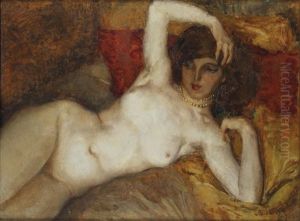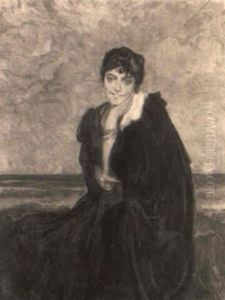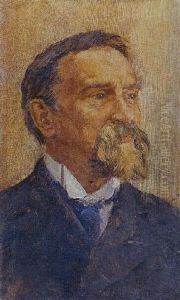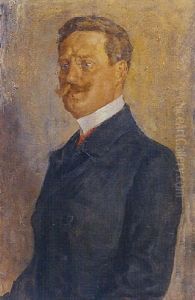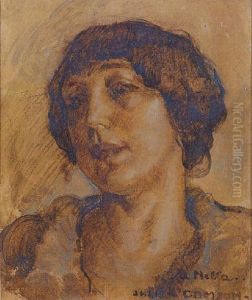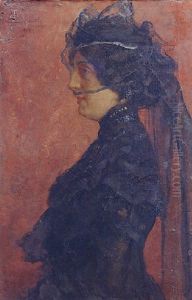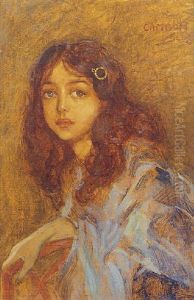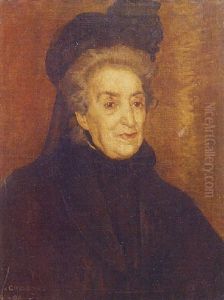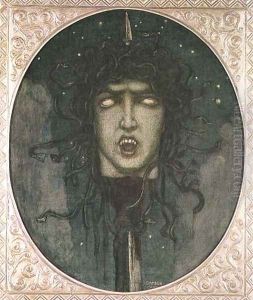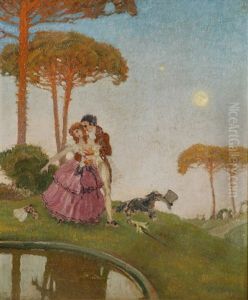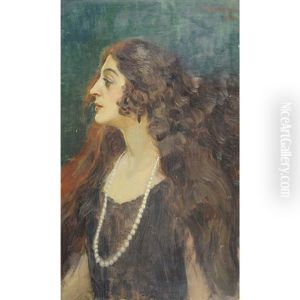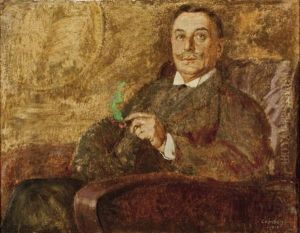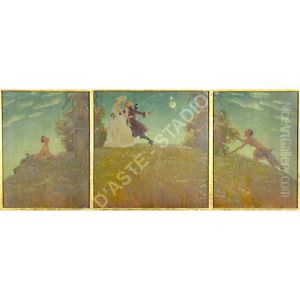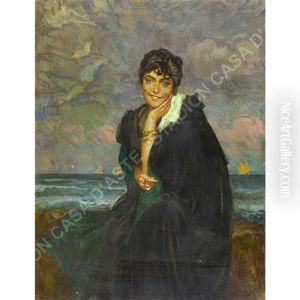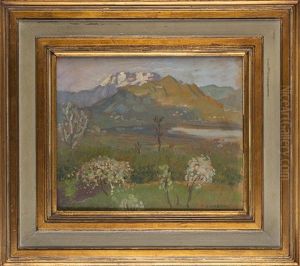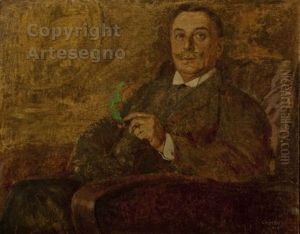Glauco Cambon Paintings
Glauco Cambon was an Italian-born American scholar, poet, and literary critic, whose contributions to the field of Italian literature, particularly the work of Dante Alighieri and modern Italian poets, have been widely recognized and respected. Born in Turin, Italy, in 1919, Cambon grew up in an intellectual environment that fostered his early interest in literature and the arts. His academic journey and professional career, however, would eventually be shaped by the tumultuous historical events of the 20th century, including World War II and the subsequent political and social changes in Europe, which influenced his decision to move to the United States.
Cambon’s academic career in the United States was marked by his dedication to the study and teaching of Italian literature. He held teaching positions at several prestigious institutions, where he was beloved by his students for his passionate and insightful lectures. Throughout his career, Cambon authored numerous articles, essays, and books, exploring the depths of Italian poetic tradition, the intricacies of Dante’s Divine Comedy, and the works of modern Italian poets. His scholarly work is noted for its interdisciplinary approach, combining literary criticism with insights from philosophy, history, and the arts, which allowed him to offer a rich and nuanced understanding of Italian literature and its cultural context.
In addition to his contributions to Italian literary criticism, Cambon was also a poet in his own right. His poetry, though less widely known than his academic work, reflects his deep engagement with the themes of exile, identity, and the power of language. Through his poetic and scholarly endeavors, Cambon sought to bridge the gap between Italian and American cultures, fostering a greater appreciation for Italian literature among English-speaking audiences.
Glauco Cambon’s legacy as a scholar and educator is marked by his profound impact on the study of Italian literature in the United States. His work continues to inspire students and scholars, contributing to the ongoing dialogue between cultures and disciplines. He passed away in 2005, leaving behind a body of work that remains a testament to his lifelong dedication to the exploration and celebration of Italian literary heritage.
